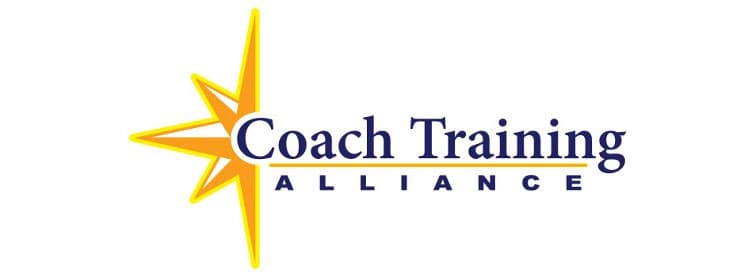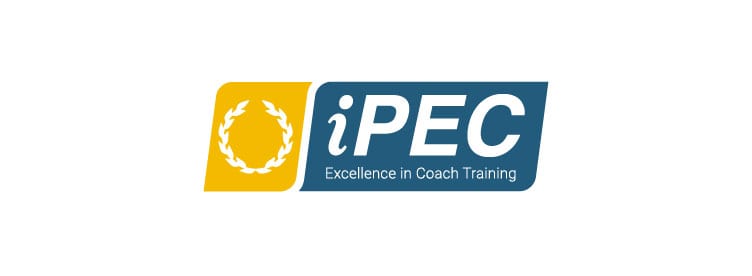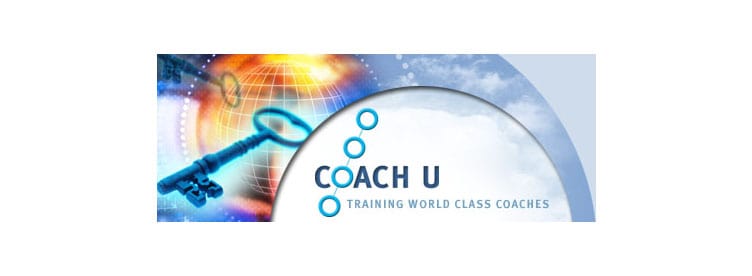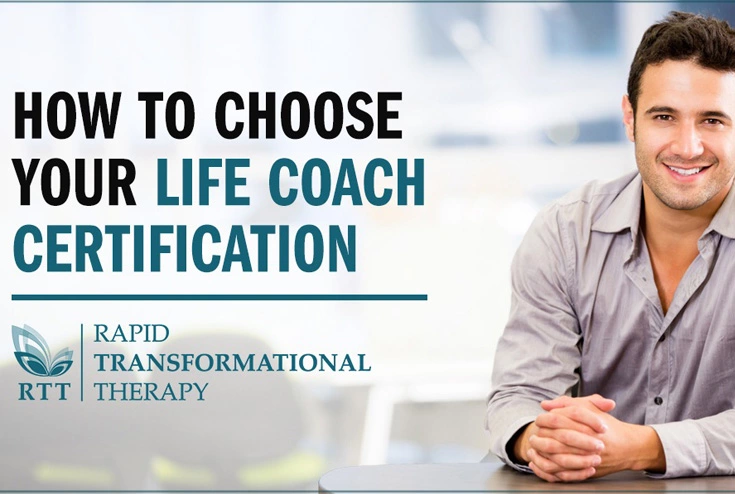Have you have always wanted to become a life coach? Or perhaps want to take on life coach training as a possible career interest and learn what it takes to become one?
Either way, you might feel that at this time in your life a career change just seems right. It might offer more stability and more happiness for you and your loved ones.
If this feels familiar, it means you are ready to take the first step. You are ready to get your life coach certification. So, what should you know about coach training? How do you accomplish this initial step toward your dream job?
In this article you will learn:
- The benefits of becoming a life coach
- What are life coaching requirements
- How long it takes to become a certified life coach
- How much life coaching certification costs
- What are the best training and certification programs
- How to choose the best life coach certification for you
- What are life coaching alternatives
Let’s begin.
Life Coaching as a Career
So what does a life coach do exactly?
When you become a life coach, you dedicate your career toward helping others improve their lives and achieve their goals. It is a highly rewarding job.
As a life coach, you will assess your client’s goals, wants, and desires, then help them devise a plan of action to get there. You will also encourage, support, and check-in with your clients, keeping them on track. It can be demanding, but entirely worth it.
The benefits of becoming a life coach
While helping others should likely be a primary goal when you decide to become a life coach, there are other benefits as well. You get to create your own hours and rates – this means more freedom, and potentially more stability too. You can gain full control over your career (and who doesn’t want that?).
A typical life coach salary ranges from $25 000 to $40 000 with less than one year of experience. After more than a few years, you can expect to make $50 000 to $60 000, with some life coaches exceeding $80 000 and $100 000 to $250 000 per year.
By becoming a life coach and working with clients, you will be able to also get more insight into your own life and goals. When you help others transform and change their life for the better, you may become inspired and become more of an expert when it comes to your own life. Ultimately, this could transform not only your career – but your personal life as well. The skills you will learn when becoming a life coach are not just beneficial to your clients, they also benefit you!
Life Coaching Requirements

So, what skills do you need to be a life coach? What personal traits are necessary to become a successful life coach?
Individuals who want to become a life coach are usually supportive, caring, positive, good at communicating, patient, and compassionate. If you have got these traits or are confident you can improve on any of these skills to help others, then life coaching is a fantastic career choice for you.
How long does it take to become a life coach?
The length depends on the program you decide to take. Many certifications fall anywhere between 16 to 100 hours. This could mean one weekend or several weeks or months of training and classes. Fortunately, many life coach programs are also available online, meaning you can complete your life coach certification from anywhere.
How much does it cost to become a life coach?
On average, life coaching certification costs anywhere from $1000 to $8000. Although, you can find cheaper ones. However, these lower cost programs tend to be non-accredited programs.
Make sure you do your research and check which ones are accredited and which ones aren’t. By taking a non-accredited training course, you risk potential clients going to your competition, as well as possibly having to take an accredited course in the future if life coaching becomes more regulated.

Coaching certification requirements
There are no prerequisites required before signing up to your life coach schooling. You only need be prepared to dedicate yourself to transforming the lives of others.
What certification do I need to be a life coach?
But wait – do you really need a certification to be a coach? While technically no, it does give you credentials and show trust. It also may come in handy in the future as the profession becomes more regulated.
So if you want to gain a certificate before you begin practicing, and increase your income by building authority and trust, you simply need to train with a coaching school. There are several to choose from, and we have listed some of the best in the field below to support you on your research. However, whatever you decide, make sure you check if the course has ICF accreditation.
ICF accreditation
Before deciding on the life coaching certification, make sure you do your research first. Check to see if the program is accredited by the International Coach Federation (ICF). By checking for this, you will know you are paying for a high-quality program with set standards.
The ICF has built a worldwide network of coaching programs and coaches. It connects coaches to the resources and tools they may need, as well as holds each accredited program to a high standard. As such, ICF has:
- Laid out the groundwork for coaching core competencies.
- A professional code of ethics and standards.
- Internationally recognized accredited programs.
- Set guidelines for each coaching program.
- Continuing education for coaches through events and ongoing learning classes.
Since life coaching hit the mainstream, almost anyone can become a coach. This has given way to various scams and untrained coaches offering advice to those that may be vulnerable.
ICF is an industry organization that gives clients seeking out coaching a place to file ethical complaints. Holding a certificate form an ICF accredited organization can lower the risk in your clients’ minds as to whether or not they should pay for your services.
Unlike counseling, life coach certification does not require a final licensing exam. Yet, it is highly advised to have a life coach certification from an ICF-accredited organization. Why? Because licensing may become a thing in the future. By having an ICF-approved life coach certification under your belt, you’ll be all set to be grandfathered into a potential licensing model.
What Are the Life Coaching Certification Programs?
Even amongst the accredited programs, some stand out above the rest. The following sections unveil the top 3 training and life coaching certification programs available. These programs were rated based on their location, teaching methods, price, curriculum, and continuing education options.
1. The Coach Training Alliance

The Coach Training Alliance offers a reputable program at an affordable price of $3,497. It is accredited by the International Coach Federation. There are also so many options after your basic life coach certification to niche down and specialize even further.
Generally, this training is done live online, making it a very accessible option for many. This organization also boasts about experience being essential to success. As such, the programs offered by the Coach Training Alliance include coaching exercises with peers and coaching from your instructors.
It is a 6-month program, which makes it doable in a reasonable amount of time while ensuring you retain the new knowledge and skills. Each class is also only 12 students in size. This offers more one-on-one time with your instructor and makes it feel more personable and involved.
2. Institute for Professional Excellence in Coaching (iPEC)

iPEC is another coaching program accredited by the ICF. It has been around for over a decade and is represented in multiple locations across the United States. Their life coaching certification program starts with online modules. These online aspects take about 350 hours to complete. You also have an option for a live conference in one of the offered locations and times.
You also have access to mentor coaches and you get to practice with your peers. This life coach certification also comes with an additional bonus: you become part of a peer community during and after completion of your training. However, the iPEC program is more than double the cost of the Coach Training Alliance at about $8 000 to $10 000 depending on which program you take.
3. CoachU

CoachU has been around since 1992. It is a highly regarded life coach certification program. An ICF-accredited course, CoachU takes place through teleconference classes.
You complete the basic training and can then go on to complete your advance coach training. The advanced programs eventually allow you to work with more specialized coaches, helping you develop your skills even further.
This certification is also very affordable, with a starting price of $450 for the initial foundations course.
4. The Life Coach School
The Life Coach School was founded by Brooke Castillo, a very popular figurehead in the Life Coaching space, in 2010 with the intention of becoming “the Yale of life coach schools.”
The course itself at the Life Coach School takes place over 3 months, taught all online by video call, as well as plenty of resources and a dedicated instructor who will help guide you towards success during your time there.
The cost of tuition is $5250 per month.
How to Choose the Best Life Coach Certification for You?
There are so many different types of life coaching. When deciding the best life coach certification program for you, it may be best to start by asking yourself what niche you want to work in. This can help you pick a life coach certification by looking into what niche or specialized continuing education options are offered after initial certification.
Also keep in mind what additional skills you will be thought during your training such as how to build your business, how to get clients, how to determine how much to charge for coaching services.
Types of life coaching include:
- Business Coaching
- Career Coaching
- Divorce Coaching
- Health Coaching
- Financial Coaching
- Recovery Coaching
- Relationship Coaching
- And More!
Online vs. offline – which is better?
You may also want to consider your learning style. Do you work better with online learning or offline learning? You also should look at the advantages and disadvantages of both. Online may offer more flexibility and also requires no commute. Offline often involves a set time and location, as well as a commute to get there.
You might have more options in the online realm, considering for offline training to work, it has to be in proximity to where you live. However, offline might offer fewer distractions, especially if you have a family. Think about what works best for you and your life, then go from there.
Are there Alternatives to Life Coaching?
Absolutely! Life-coaching is only one branch of a range of fulfilling and rewarding careers that transforms the lives of others. Enter Rapid Transformational Therapy® (RTT®), the new, modern and evolved form of coaching and therapy. You can help people not only reach their goals but also transform their behaviors and overcome life challenges.
What is Rapid Transformational Therapy®?
Developed over the last 30 years by world-renowned speaker, therapist, and best-selling author Marisa Peer, RTT combines the best of behavioral cognitive therapy, hypnotherapy, psychotherapy, NLP, and neuroscience. As such, it is the most effective method to help individuals lead healthier and happier lives. It offers a financially rewarding career, as well as a way to help others in the best way possible.
Who can train in Rapid Transformational Therapy®?
You don’t need any previous experience or any qualifications to become a world-class therapist yourself – all we look for in a potential RTT® candidate is a willingness to learn, an unshakeable passion for helping others, and a desire to be the best you possibly can be. If you have all three, you are well on your way to becoming an RTT® therapist and joining the 6000 that have already trained under Marisa Peer.
As part of the training course, Marisa Peer is also offering live training elements, where you get the chance to meet her in person and practice your skills with the help of her expert training team. This hypnotherapy training is available at a variety of locations, including London, Florida, and California.
How to get started
Are you curious and want to learn more? Download the free RTT® Course Prospectus and find out how you can pave your way toward a fulfilling and satisfying career that helps others improve their lives. You can also watch this webinar, which explores what it means to train in RTT® as a career, presented by Marisa Peer herself!
See you there.




